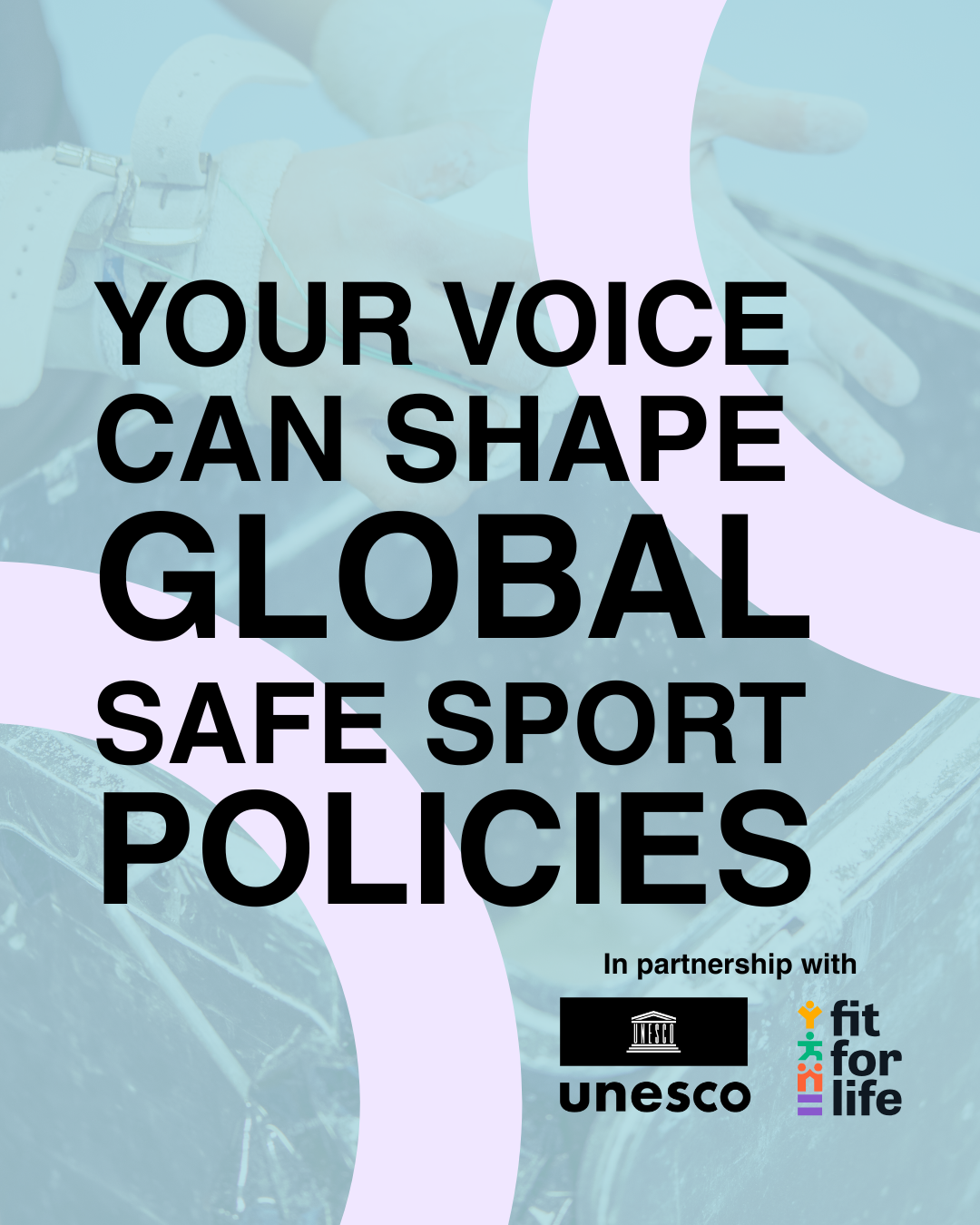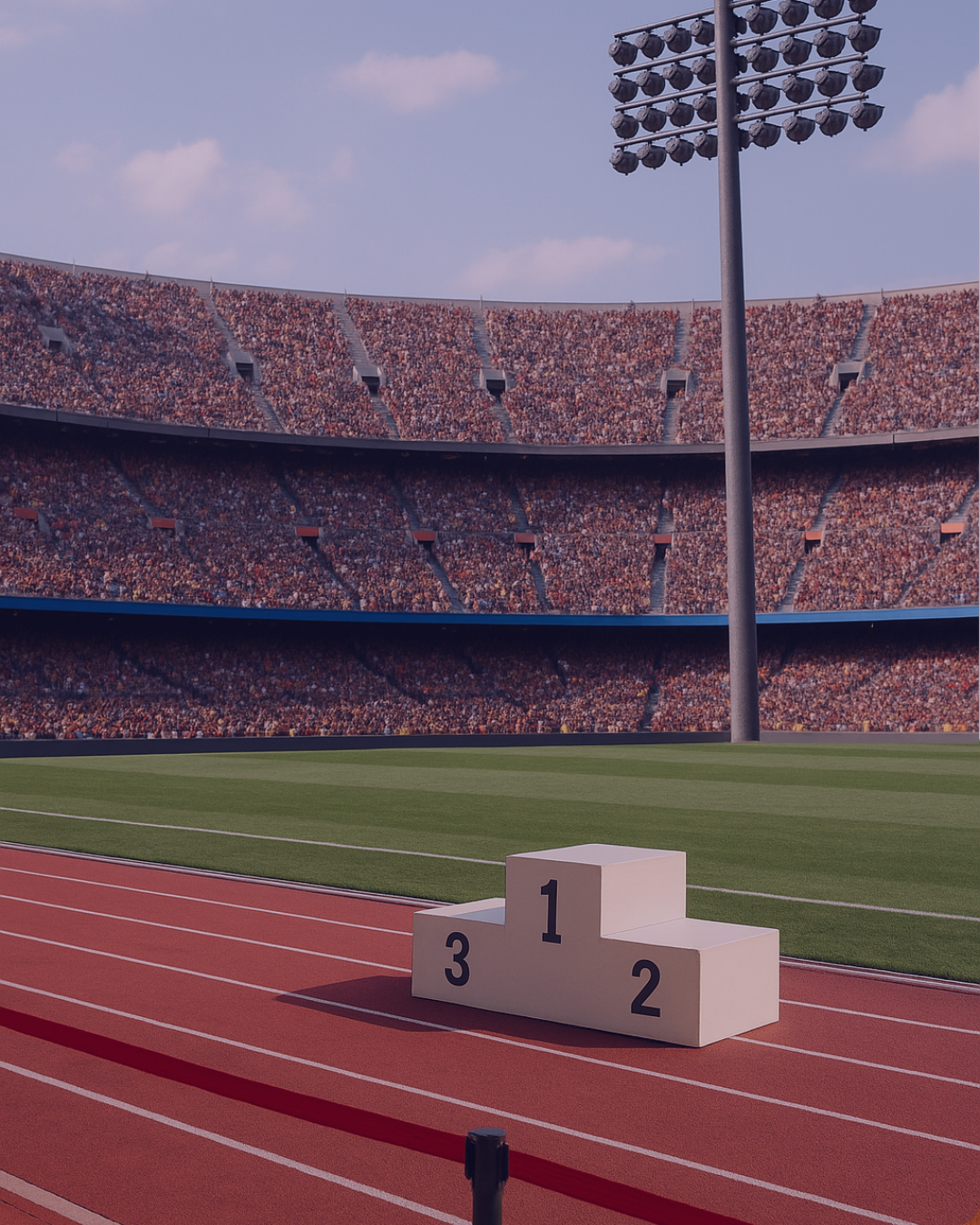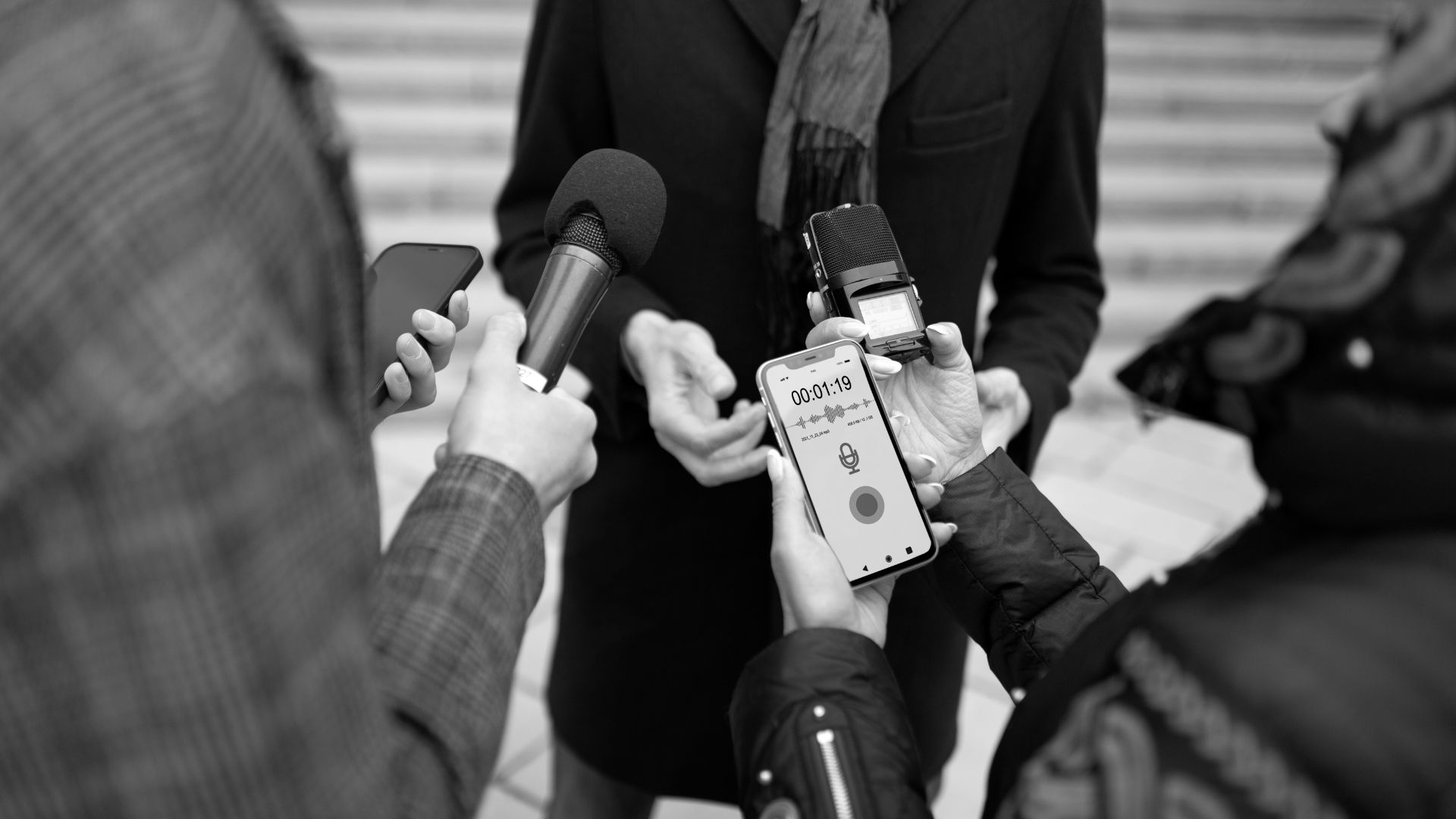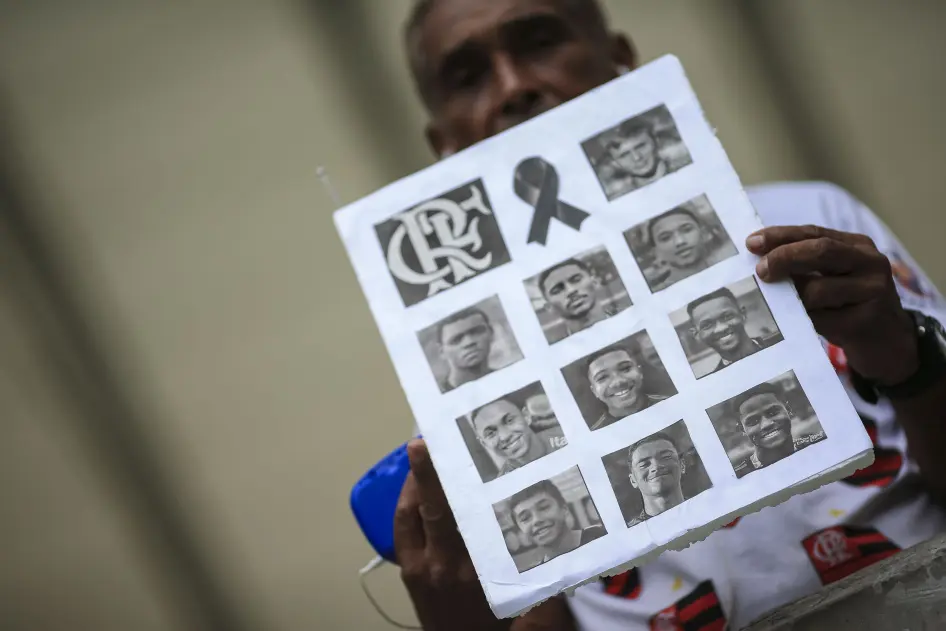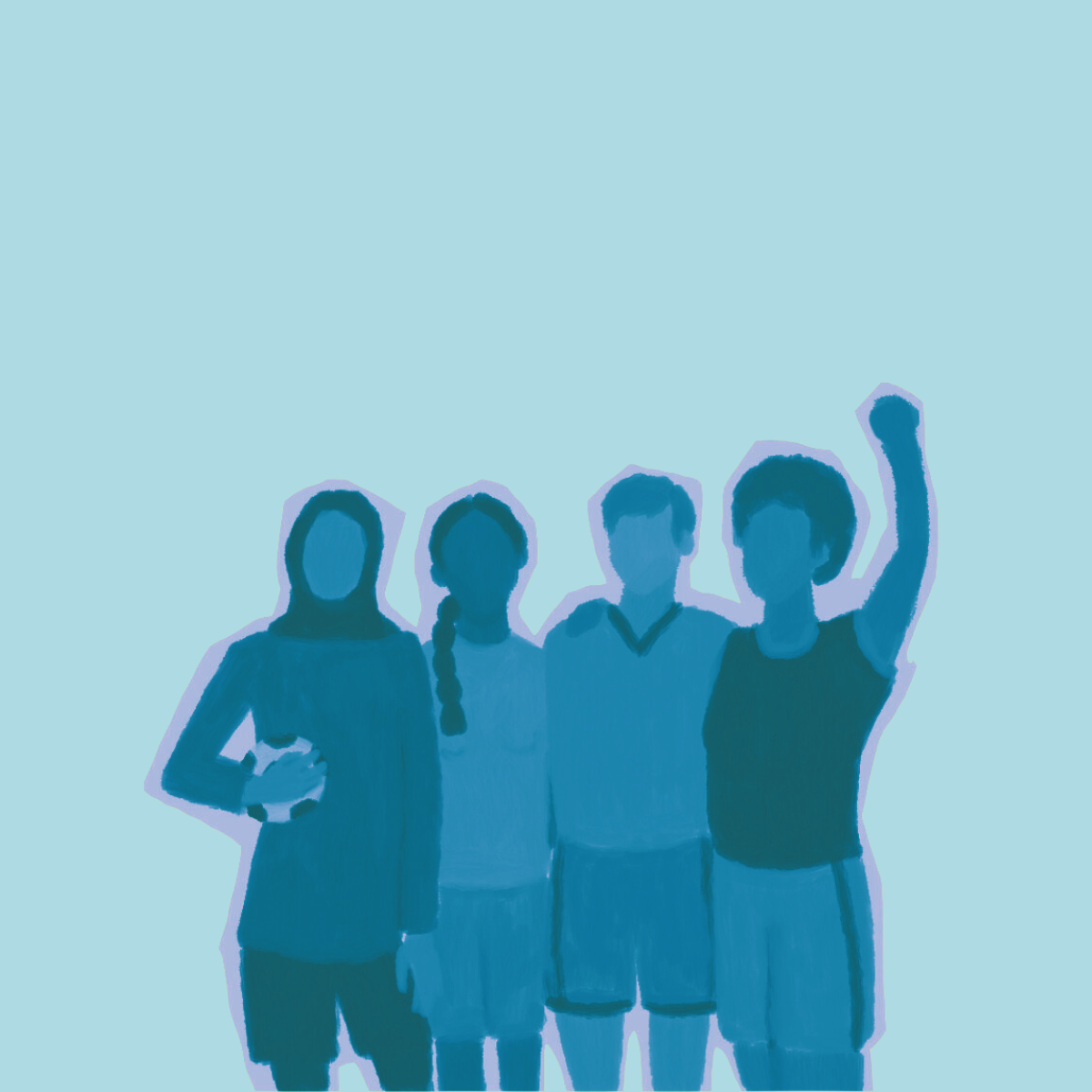Take the Survey to Help Guide Safe Sport Policies Across the Globe
**This survey is now closed.**
In collaboration with UNESCO’s Sport Section, the Sport & Rights Alliance is conducting a survey to gather the perspectives of impacted people on UNESCO’s Global Policy Standards for Inclusive, Equitable and Safe Sport and Physical Education.
The purpose of this consultation is to ensure that people impacted by violence in sports are included in the development of the Global Policy Standards and coordinated safe sport efforts across UNESCO Member States.
The survey is designed to ensure the voices of athlete survivors, bystanders and whistleblowers of violence and abuse are included in the shaping of policies aimed at preventing harm, promoting accountability, and supporting healing in sport environments.
If you have experienced, witnessed or reported harm in sport, your voice is needed.
About the Consultation
What is UNESCO?
UNESCO is the United Nations Educational, Scientific and Cultural Organization. As the lead UN lead agency for sport and Physical Education (PE), UNESCO is home to the International Charter of Physical Education, Physical Activity and Sport which was first adopted by Member States in 1978 and affirms access to quality sport as a fundamental human right.
How is ‘violence’ defined for the purpose of this project?
The definition of ‘violence’ for this project is adapted from the UNDRR and the UNHCR, and refers to non-accidental physical, sexual, psychological, economic, or symbolic harm against an individual, a group of people, or a community. Violence includes threats, coercion, manipulation and cyber-harassment. It can be targeted or indiscriminate, inflicted in private or public, and happen in conflict and non-conflict settings.
What do we mean by impacted people?
The term ‘impacted people’ refers to individuals or groups directly or indirectly affected by incidents of psychological, physical, sexual, economic or symbolic violence in the context of sport. This may include but is not limited to grassroots sport participants, current or former elite athletes, whistleblowers, advocates and bystanders who have experienced, witnessed or reported harm.
What does participation involve?
At this stage, you will be asked to complete an online survey in English, which is expected to take around 20-30 minutes.
Before starting, we encourage you to carefully review the draft Global Policy Standards, available at this link.
About the Survey
You will not be asked to share your personal lived experience. Instead, we invite you to review the draft Global Policy Standards to help guide us in shaping them to ensure the resulting framework is trauma-informed and rooted in the perspectives of those most impacted.
The survey is in English and takes 20-30 minutes to complete, but you are welcome to skip any question that does not feel relevant to your experience. You can stop the questionnaire at any time or leave out any items that do not feel relevant to your experience.
As we know that this type of work can trigger different emotions, please see this map to local support services in case you feel any sort of distress.
Will my identity be protected?
Yes! This survey does not collect personal information unless you choose to share them with us.
If you would like to stay engaged and receive updates on the next steps and how your inputs have been used to update the policy standards, you will be given an option to share your name and contact information to this end.
In any case, we will handle your identity with the utmost care and confidentiality, and you may revoke your consent at any time.
What is the added value of the draft Global Policy Standards?
The draft Global Policy Standards aim to:
- Harmonize approaches to Safe Sport across UNESCO Member States;
- Provide a clear benchmark and metrics for measuring progress and accountability;
- Guide evidence-based policy and practices; and
- Continue to build the momentum to improve Safe Sport efforts at the global level.
What should I bear in mind before responding to the survey?
It is important to note that the draft Global Policy Standards are intended for adoption and use by UNESCO’s 192 Member States – which are governments that have legal obligations to uphold international treaties, human rights standards, and national laws. Their responsibilities are different from those of Sports Governing Bodies (SGBs), which are non-governmental organizations responsible for setting rules and overseeing its implementation by one or many specific sports at the national or international level.
This distinction is important to keep in mind when reviewing draft Global Policy Standards. Member States are sovereign nations that participate in global intergovernmental organizations (like the United Nations and UNESCO), whereas SGBs operate independently from governments and have authority only within the sporting world.
If you have any further questions, please email us at joanna@sportandrightsalliance.org and andrea@sportandrightsalliance.org.
